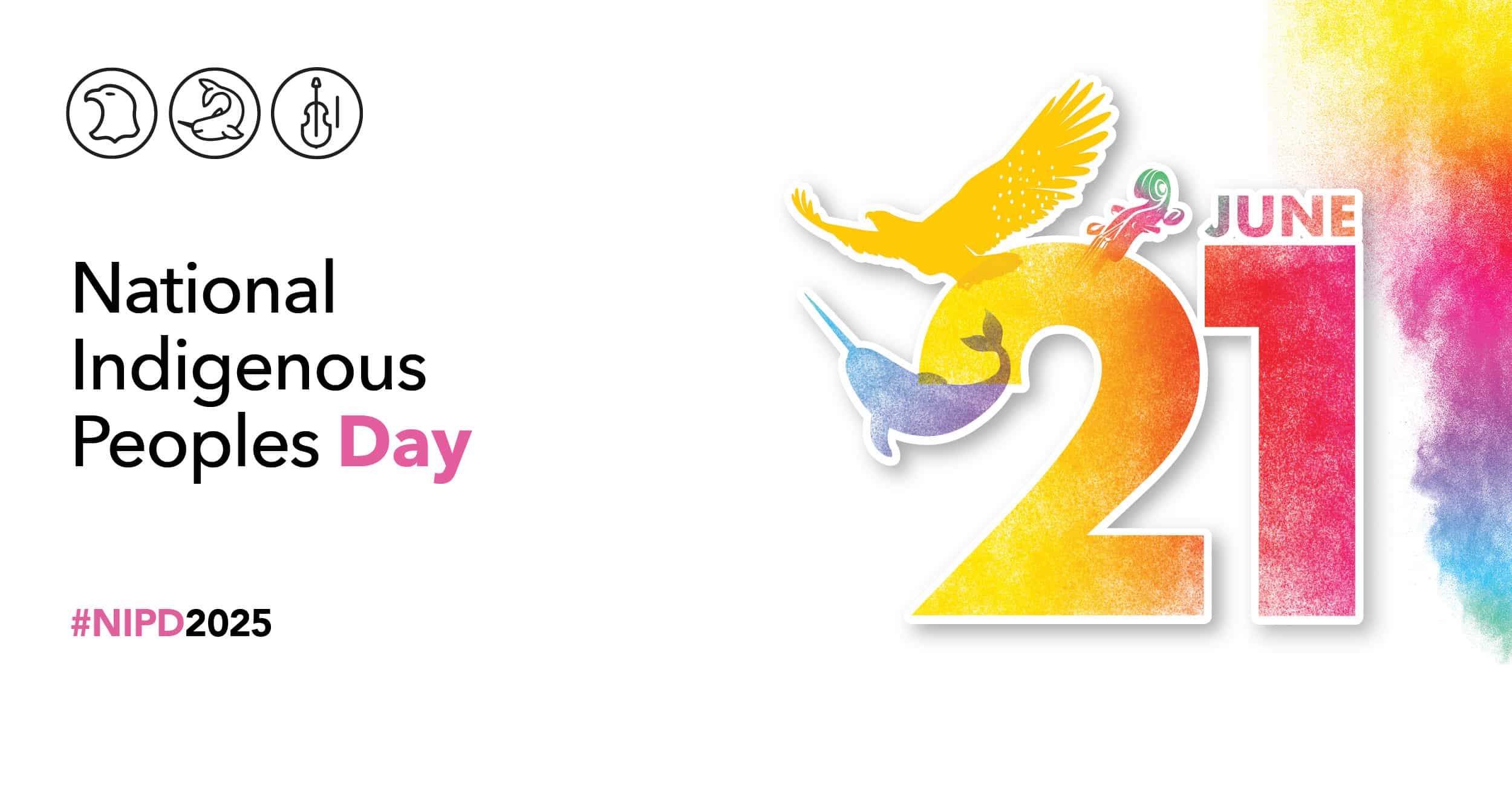Their lives, their words, their voices: why we should listen and what we can do.
Permanency: a priority for youth
In June, the Federation of BC Youth in Care Networks (FBCYICN) released their 2016 YouthSpeak Research Report. It’s the result of two years of consultation with hundreds of BC youth in and from foster care between the ages of 14 and 24. In the report, youth identify the major issues they face. The top issue is one that’s especially close to our hearts here at the Belonging Network: the need for permanency.
In the report, youth in and from care speak for themselves about what matters to them and why. Here are some excerpts that explain how they see permanency and why it’s so important to them.
Safety, stability, connection, community
“Young people most commonly identified connections—such as with adults, peers, culture and community—as the most important issue that has affected them. They also commonly identified stability… and financial issues.” (p. 27)
“[Young people] said the lack of physical permanency significantly impacts their ability to build friendships, find stability at school, participate in community activities like sports and dance, find and keep jobs.” (p. 28)
Permanency makes a positive difference
“Young people who moved less while in care…
- Had fewer mental health diagnoses (compared to those who moved more)
- Were more likely to be employed
- Were more likely to have enough money to pay their bills and buy needed clothes
Among young people who had been in foster care, those who felt comfortable talking to their foster parents if they had a serious problem….
- Were less likely to have missed out on accessing needed mental health care (26% vs. 51% who did not feel comfortable talking to their foster parents)
- Were less likely to have left high school before graduating
- Were less likely to report challenges accessing post-secondary education” (p. 28)
Recommendations from youth
“In playing the role of family, [social] workers and foster parents should be allowed to love their youth and foster permanent connections with them.
Because social workers and foster parents may not play the family role forever, emphasis on early and ongoing, youth-directed permanency planning should happen for each young person to identify and maintain relationships with all those who do and could love the young person over the course of their lives.
Youth in care should experience longer-term stability in their placements and in their healthy relationships with foster parents, social workers and other important people in their lives.” (p. 29)
We’re listening
At the Belonging Network, we believe in the importance of listening to youth in and from foster care, responding to their needs, and empowering them to live healthy adult lives. Their voices shape every program and service we offer, guiding us in our goal to support youth as fully as possible.
Our programs include:
- bursaries to help you pursue educational opportunities
- a one-stop online resource hub packed with information about transitioning out of government care called AgedOut.com
- life skills programming in partnership with community organizations across BC
- and more!
To learn more about our youth programs, visit belongingnetwork.com/for-youth.
Excerpts from the 2016 YouthSpeak Report were reprinted with the permission of the FBCYICN. Learn more and read the whole report at www.fbcyicn.ca.






